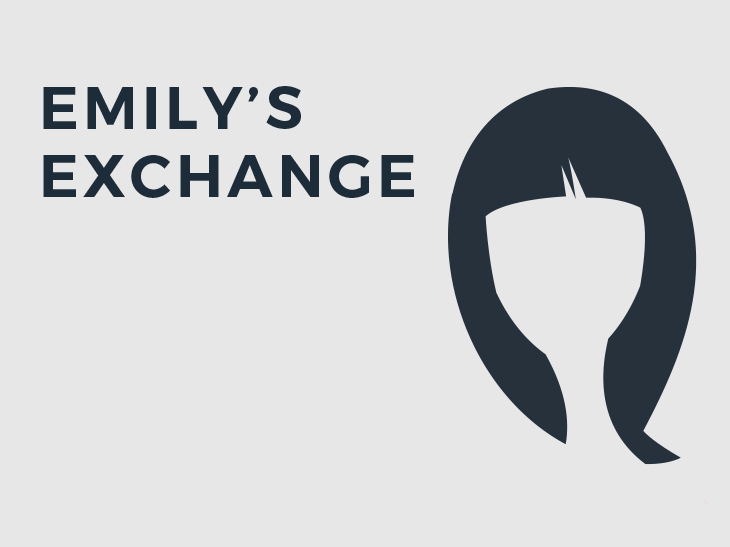At this time of year focus shifts to the three ‘f’s: friends, family and feasting. The excitement in my household is palpable and one might be forgiven for forgetting that there is anything out in the world other than wrapping paper and turkey timings. But the expense of the festive period can often cause us to focus on our finances. As we go into 2017, we are doing so with a much changed financial landscape, and one where saving money points us to make choices to ensure we protect our wealth from inflation.
European banks
This week the spotlight has fallen once again on the European banks. This crisis has been bubbling away since 2008, and 2016 has brought many twists in the road as the combination of regulatory scrutiny and low interest rates has placed pressure on the banks’ profit margins.
On Wednesday, the European Court of Justice ruled that Spanish banks should pay back several billion dollars to their customers due to the selling of unfair mortgage agreements. These mortgages set a minimum interest rate, meaning customers saw no benefit when central bank interest rates were cut below the level of that minimum. These mortgages have been sold since 2009.
In Italy Banca Monte dei Pashi, the country’s third largest bank, has needed to raise €5 billion to secure its future, the Italian state have just announced a €20 billion injection into the banking sector. Account holders at the bank are understandably nervous, but complete failure is unlikely as investors move to protect the wider European banking system.
Can we put the financial crisis behind us?
Perhaps the biggest news of the week relates to both Deutsche Bank and Credit Suisse, two of the largest names in European banking. Last night Deutsche Bank was said to reached a $7.2 billion agreement to close the US investigation into the banks dealings in mortgage-backed securities. This investigation has dominated headlines throughout the year, and the settlement is 50% of the $14 billion that the US had asked the bank to pay in September. It is these securities that were seen as one of the key triggers of the 2008 market crash.
Credit Suisse have also agreed to pay $5.28 billion to resolve a similar case. Barclays is also being sued over this matter but is said to be taking the Department of Justice to court. Goldman Sachs settled for $5.1 billion earlier this year, and Barclays have calculated that if their settlement is to be proportional with the role of the US banks they should pay $1 billion.
Whilst on the face of it justice seems to be served, the level of these fines poses a risk to the global financial system as markets react to the news. Year to date the European Banking sector has dropped by 2.35% versus the main index rising 4.82%.
This crisis serves to remind us that single sector or single stock bets open us up to potential risks that a more diversified approach can protect us from. The same can be said of a savings account, and settling for a single, low interest rate. As we go into 2017 savers and investors need to ensure they look at their finances, shop-around and remain diversified. I find it hard to believe that many of us paid the recommended retail price on the toys and books purchased for Christmas, why do so many of us not take the same approach to our finances?





